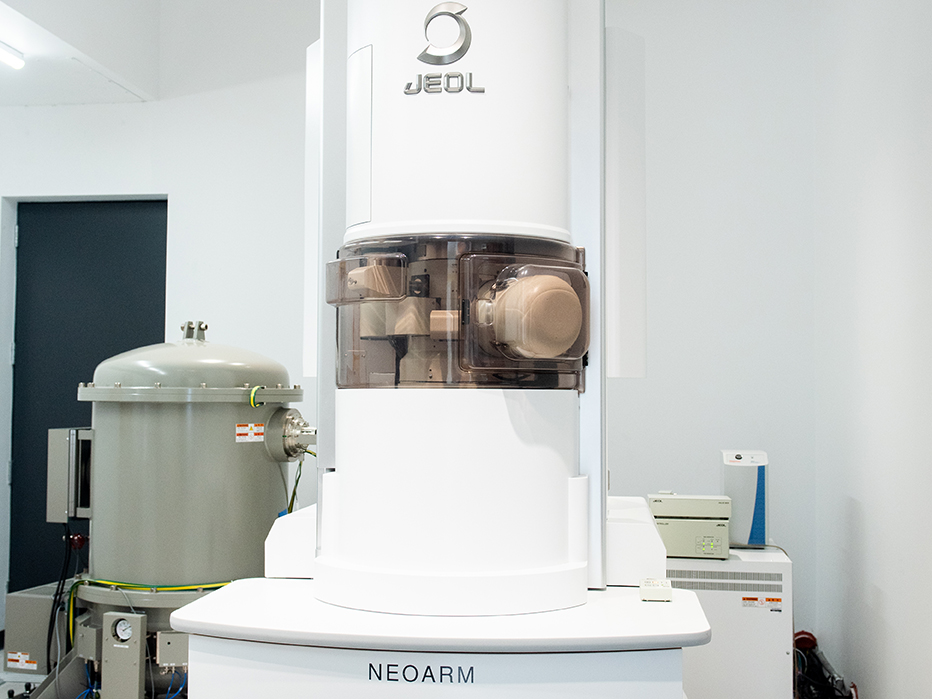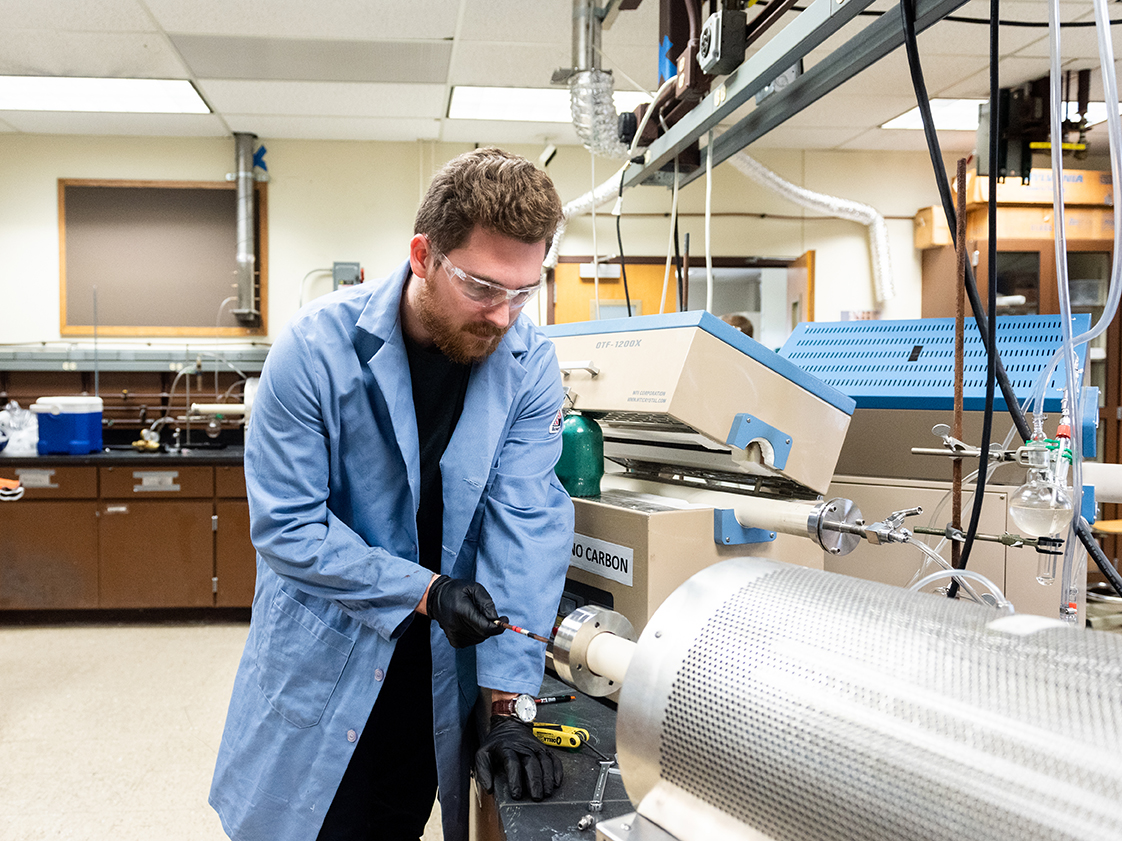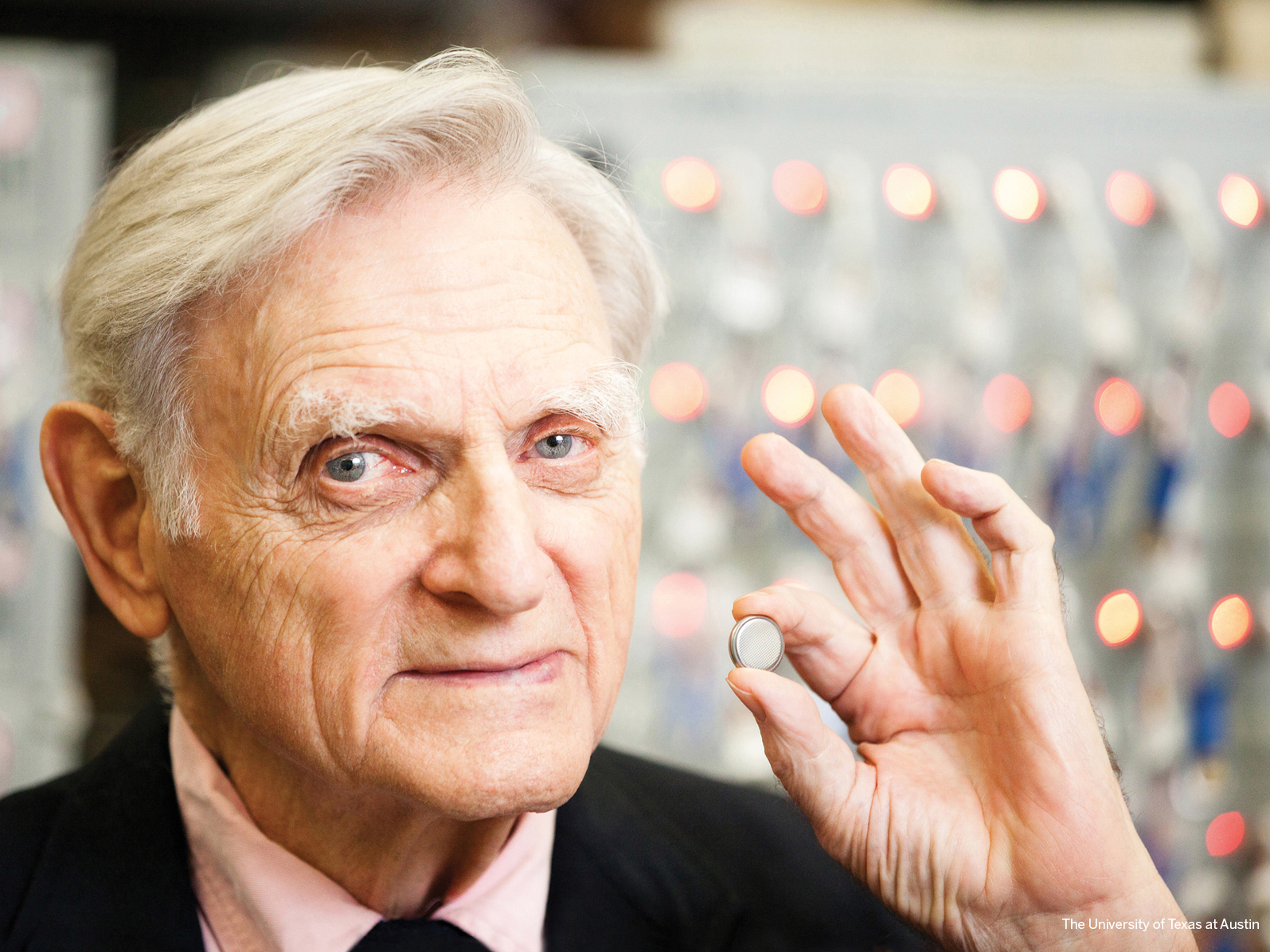From Atoms to
Applications
From the most foundational materials to the most practical applications, our research spans every aspect of battery innovation, aiming to enhance cycle life and safety and reduce cost and charging time.

State-of-the-Art Facilities
With new labs and centers opening every year, UT battery research facilities have the most modern equipment and capabilities and are open for use by partners across and off campus.
Learn More

Partner With Us
There several ways to engage with UT battery researchers and their projects, from grant opportunities and sponsored research to using our facilities and equipment.
Learn More

Bringing Battery Tech to Market
Supported by the Texas Innovation Center, world-changing technology in the battery field is being commercialized by spinout companies from UT researchers and their labs.
Learn More
Home
Home to Nobel Prize Winner and Battery Inventor John Goodenough
John B. Goodenough was awarded the 2019 Nobel Prize in Chemistry for his development of the lithium-ion battery.
Learn more


